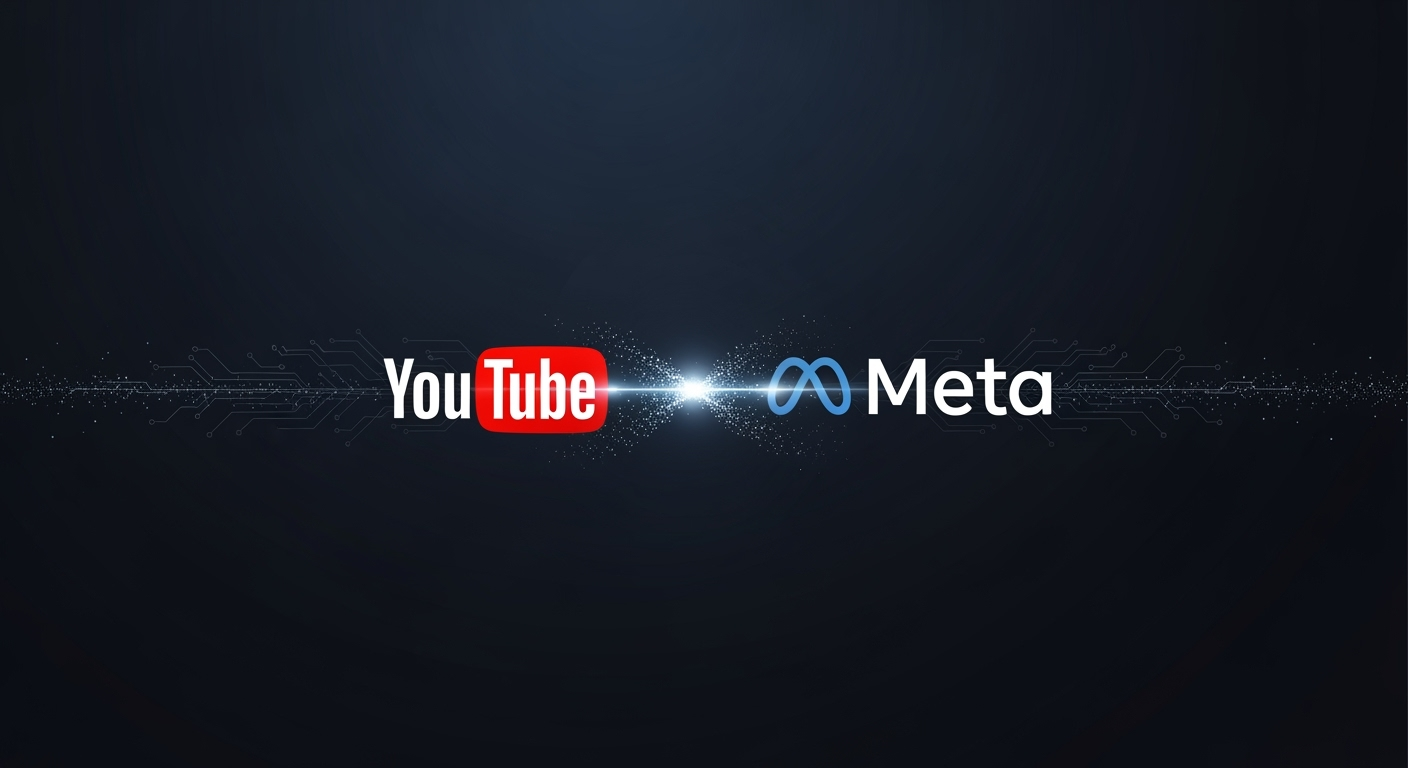Meta Steps Up Fight Against Unoriginal Content on Facebook

Meta Announces Stricter Measures Against Unoriginal Facebook Content
Meta has revealed new initiatives to target Facebook accounts that consistently share "unoriginal" content—posts that reuse others’ text, photos, or videos without significant transformation. This move aligns with recent efforts by YouTube, which also tightened its rules to reduce mass-produced and repetitive videos, especially those generated by AI tools.
Why Is Meta Taking Action Now?
Throughout 2024, Meta reports it has already removed around 10 million profiles impersonating major creators and taken measures against 500,000 accounts involved in spam or fake engagement. These actions include demoting comments, limiting the reach of suspicious content, and preventing such accounts from accessing Facebook’s monetization programs.
What Counts as ‘Unoriginal’ Content?
Meta is focusing on accounts that habitually repost others’ content for profit or to mimic original creators. The company clarifies that it does not penalize users who engage with content in creative ways—such as making reaction videos, participating in trends, or adding personal commentary. Instead, the crackdown targets accounts that repeatedly recycle someone else’s creations without meaningful modification.
- Accounts found abusing the system may lose access to monetization and see their post distribution reduced.
- Duplicate videos will have their reach restricted to favor the original creator.
- Meta is testing a new feature that adds links to duplicate content, directing viewers to the original post.

Addressing the Rise of AI-Generated Content
With generative AI making it easier to produce mass quantities of low-quality content (sometimes called "AI slop"), platforms like Facebook and YouTube are seeing a surge in recycled and minimally altered videos, often featuring synthesized voice-overs or stitched-together clips.
Meta’s guidelines now emphasize the importance of "authentic storytelling" over short, low-value videos and caution creators against simply adding watermarks or stitching clips from other sources. The company also warns against reusing content from different platforms and advises creators to ensure high-quality captions—hinting at a move away from poorly edited automated AI captions.

How Will These Changes Affect Creators?
Meta says the rollout will be gradual, giving creators time to adapt. To support transparency, Facebook’s Professional Dashboard now offers post-level insights to help creators understand if and why their content’s reach has been limited. Pages and professional profiles can also check if they’re at risk of losing monetization or content recommendations through the Support home screen.
Community Concerns Over Enforcement
As Meta tightens its standards, some users and creators have voiced concerns about over-enforcement and the lack of accessible human support. Reports of wrongly disabled accounts and petitions to improve Meta’s review process have attracted significant attention, especially from small business owners who rely on platform visibility.
Key Takeaways for Business Owners and Creators
- Originality matters more than ever: Focus on unique, value-driven content rather than repurposing existing material.
- Be cautious with AI tools: Automated or repetitive AI-generated videos may be caught by new detection systems.
- Monitor your performance: Use Facebook’s insights tools to stay informed about your content’s reach and compliance status.
- Prepare for evolving standards: Expect ongoing updates as platforms refine their approach to originality and AI-generated content.





